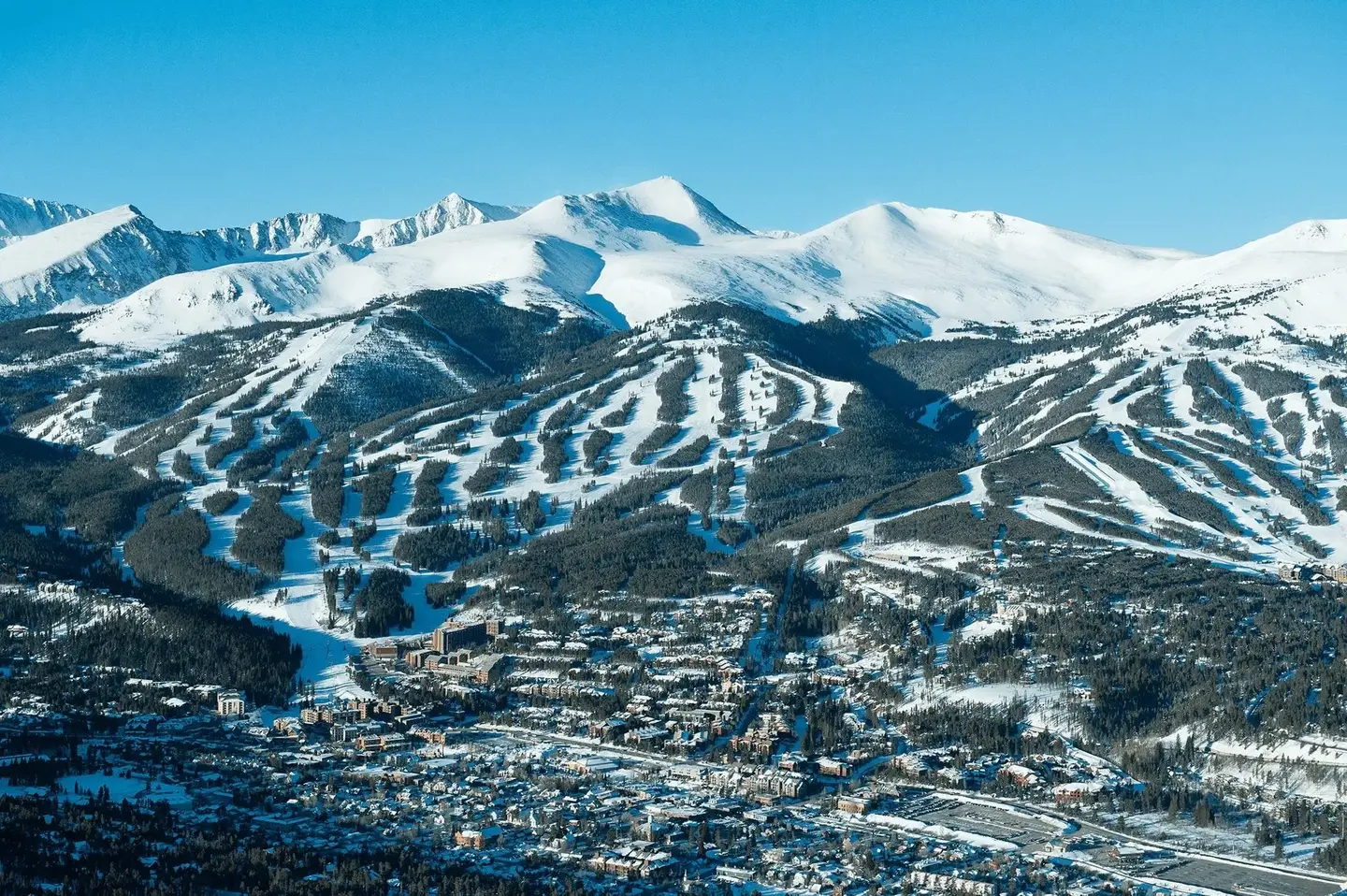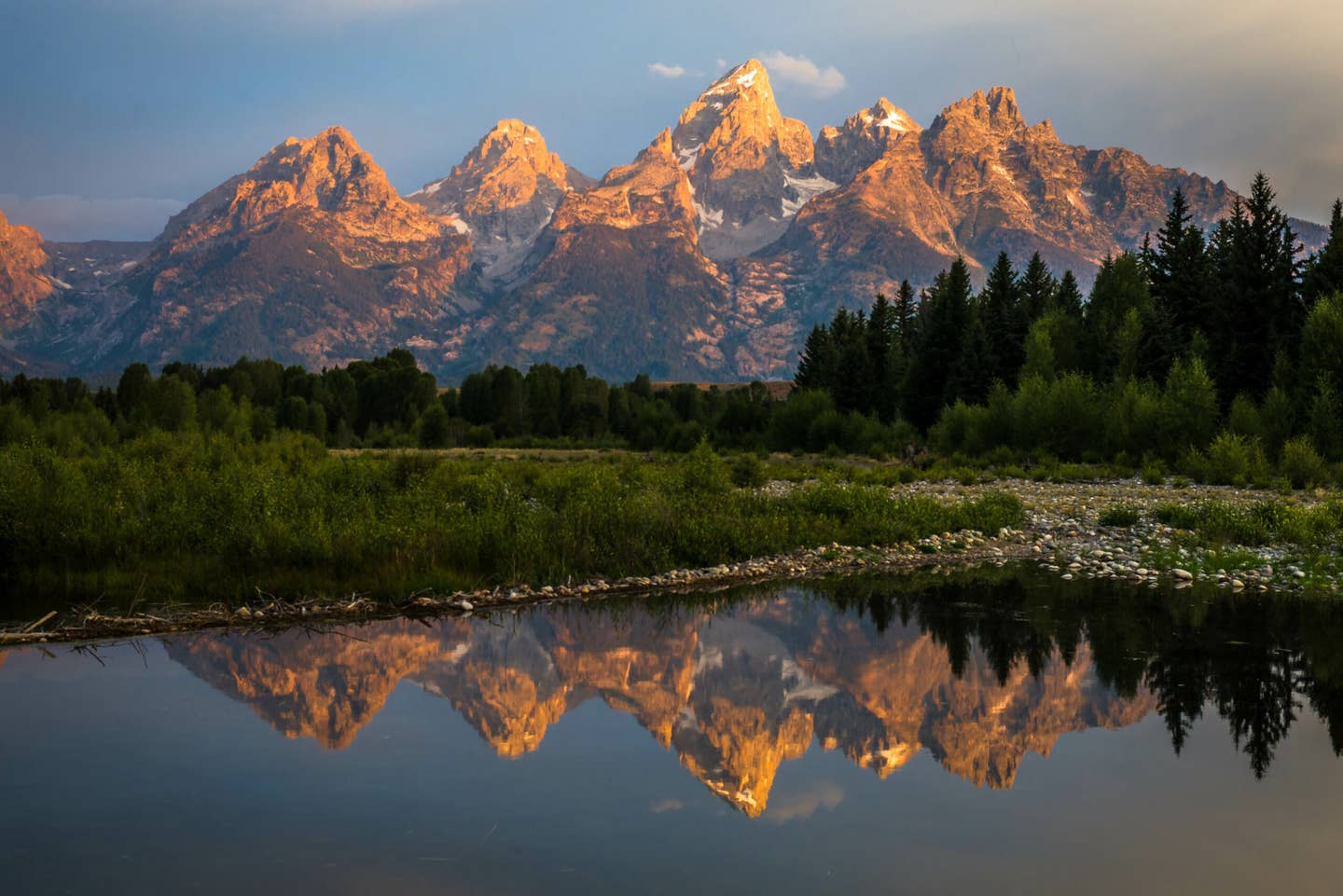

How Much Does Vail Resorts’ new CEO Get Paid?
Shop Now
Popular Stories
After some time away, Rob Katz is back in charge of Vail Resorts. But there's a lot more than nostalgia that fuels his return.
According to an SEC filing posted September 29, Katz will receive an annual base salary of $1 million. He's eligible for an additional $1 million in annual bonuses, contingent on company performance metrics set by the board. The pay package also includes roughly $3 million in stock options and $80,000 in resort credits every year. Credits can be redeemed across Vail's portfolio for accommodations, meals, spa services, golf lessons, ski rentals, and excursions. That includes Park City Mountain, Whistler Blackcomb, and more than 40 other destinations.
The filing formalizes Katz's return to CEO status, which he resumed in May after a three-year hiatus. Katz led the company from 2006 to 2021, steering an aggressive growth period that saw the creation of the Epic Pass and a wave of mountain acquisitions that reshaped the North American ski industry.
Poll Position: What Matters Most to Skiers and Riders?
Katz Back at the Helm

Katz replaces Kirstin Lynch, who has served as CEO since his 2021 departure. Under Lynch, the company continued expanding its pass program and resort network. Still, the company faced mounting criticism over overcrowding, staff housing shortages, and rising costs across its resorts. The discontent came to a head last winter, when over 200 Park City Ski Patrollers went on strike demanding better wages and benefits.
The strike dragged on for nearly two weeks during peak season, crippling snow operations, lift access, and guest experience at one of Vail’s flagship resorts. A major PR failure for the company, the strike was also a needed wake up call, reminding leadership that when the backbone of resort safety calls it quits, reputation and operations collapse.
Vail eventually reached agreement including wage increases, benefits upgrades, and new structural changes to patrol compensation.
Sign Up for the TGR Gravity Check Newsletter Now
Damage Done
Despite the strike's resolution, a class action lawsuit followed, alleging that Vail misled guests about the strike’s impacts, and many longtime skiers and local stakeholders sensed a more fundamental breakdown in trust.
Katz inherits the aftermath. As skiers and stakeholders begin the winter season, Katz now must not only manage pricing, guest flow, and infrastructure, but also rebuild labor relationships in a climate where workers are more vocal, organized, and skeptical of leadership.
Epic Pass Sales are Down
During Vail’s most recent earnings call on September 19, Katz reported that Epic Pass sales are down 3% this season following a 7% price increase over last year. Despite the slowdown in volume, Vail’s bottom line is still up 1% annually, signaling that higher prices and operational efficiencies are keeping profits up, even as skier visits are expected to dip.
The data tells a familiar story. Vail’s financial machine keeps humming even as skier sentiment chills. Among core skiers and mountain-town locals, frustration over crowding, ticket prices, and resort homogenization has fueled a growing migration toward independent hills and backcountry riding.
While Epic Passes slow, Indy Passes surge. Katz’s return puts him in the middle of the divide, tasked not only with keeping shareholders happy but also with regaining trust in the communities that have grown wary of the corporate ski model.
Whether the $5 million dollar man can steady both the company’s bottom line and its public image through another turbulent ski season remains to be seen. Stay tuned.






